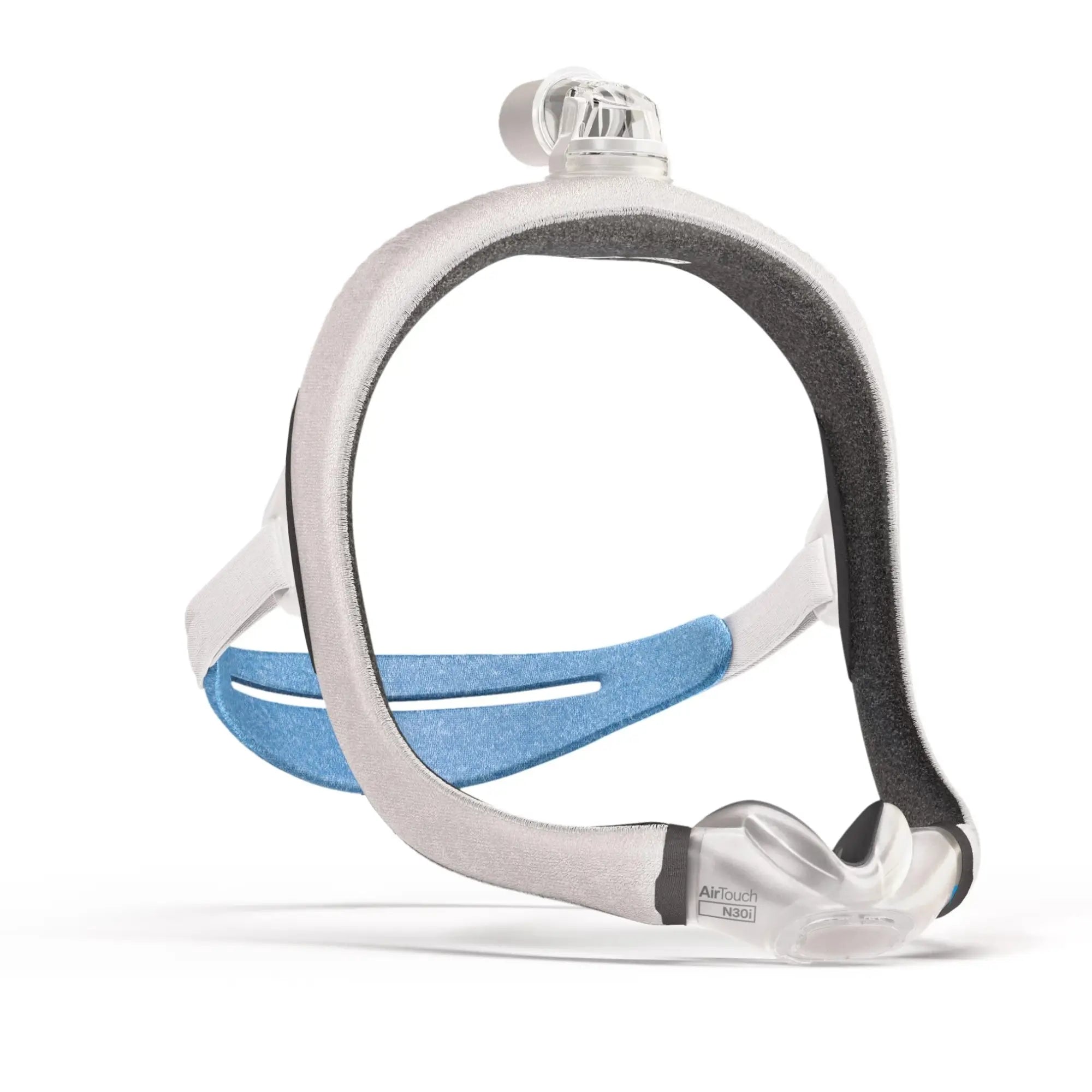You know that extra bit of energy you have on a sunny morning? It could be the cause of a good night’s sleep or it could be due to blue wavelengths reaching you from the sun.
Environment friendly as they are, blue light also helps determine the internal clock of your body. You feel alert and awake when faced with both natural and artificial blue light.
Yet, this light can have an adverse effect on your health. Blue light and sleep don’t get along at night. Your body and mind still feels awake from the constant exposure to the blue light when you should be deep in your REM cycle.
Let’s find out why you should limit your exposure to blue light at night.
What are the sources of blue light?

Other than our lovely sun, sources of blue light we see throughout the day includes our smartphone, monitors, tablets, television and gaming consoles. Basically most light emitting sources in your house, including LED and fluorescent bulbs.
We know the light from smartphone and computer monitors look white to the naked eye. In reality, they give off blue wavelengths at a lower range. Over the years, phone companies have made concessions such as leaving a reading mode in your phone, where the blue light is encompassed by yellow light.
Studies suggest Americans spend at least 7 hours on various electronic devices. This is an average assessment. Additionally, 9 out of 10 Americans have confessed to staring at their phone before bed.
Exposing your brain to blue light before you are trying to sleep isn’t exactly a good idea. It might even be a huge part of the reason you end up developing insomnia.
Is blue light exposure at night bad?

Research suggests you may develop sleep apnea. Additionally, If you already have sleep apnea, your sleep apnea can get worse because of the blue light as you don’t get enough sleep.
Most of the study done on the matter points to a parallel between sleep apnea and blue light exposure. However, that alone isn’t enough proof that these conditions are caused by exposure to blue light. Nor is it clear that blue light itself can cause us harm.
Harvard conducted a study showing a connection between blue light and certain diseases. 10 people were chosen for the project. The goal was to shift their circadian rhythm.
The result was an increase of blood sugar level. This is a state before diabetes takes place in your body. Additionally, they seem to lose the hormone leptin. This hormone acts as indication for your body that you are full and you should not eat more. Of course, when the hormone goes down and people don’t have this warning, they eat more, contributing to obesity.
Your body secretes a lesser amount of melatonin when you are exposed to bright light. This hormone has some amount of power on your circadian rhythm. Lack of it messes your rhythm up as well.
Additionally, even dim light is capable of affecting your circadian rhythm. Now, imagine the effect bright blue light has on it.
Exposure to this light before bed is why a lot of us never get enough sleep. Our brain is too awake, even if our body is tired. Lack of sleep has also been linked to depression, heart problems and diabetes.
How can you protect yourself from blue light?

While sunlight is unavoidable and something you should not avoid anyway, do try your best to stay away from blue light at night. In the morning, this blue light helps you. You can function properly with the help of this light.
At night though, you should reduce as many blue light related objects as possible.
For example, if you are someone who needs some source of light while sleeping, replace fluorescent light bulbs with red ones. While all lights contribute to melanin reduction and circadian rhythm shift, red bulbs have way less effect than blue light.
Before sleeping, don’t look at any kind of screen. This includes your phone, tablet or personal computer. While it is recommended you refrain from looking at your phone for at least 2 hours prior, most people don’t manage to do it. Trying to do so also has adverse reactions as you end up reaching for your phone close to sleep anyway. It might be better to try and not look at your phone one hour before bed instead and if you can’t do that, start with 30 minutes.
If you have to work the night shift, where there are lots of lights around or your job involves staring at a screen at night, we recommend wearing blue-blocking glasses. For computers, some apps exist that at least put a filter on the blue light.
During the day, welcome the bright light, especially the sunlight outside. Not only would your mood improve in the morning, it would make you more receptive to sleeping at night.
Final Thoughts
There is a reason more and more people seem to develop insomnia as the world becomes more digitized. In addition to LED lights in our home, we are constantly exposed to blue light due to our attachment to TV screens and our smartphones. Even if it never leads to insomnia, our ability to fall asleep faster seems to get worse.
All this fuss isn’t because of the simple lack of sleep either. It is about what the lack of sleep can lead our body to do. Obesity that comes from blue light exposure is not good either. Obese people are likely to develop obstructive sleep apnea. Then, we have an added layer of sleep disorder to get rid of.
For people who already have sleep apnea, the recommendations for restricting blue light in your life applies to you even more. Sleep apnea doesn’t let you sleep as it is, no need to worsen it with blue light. Don’t forget to stick to CPAP treatment either.


















































